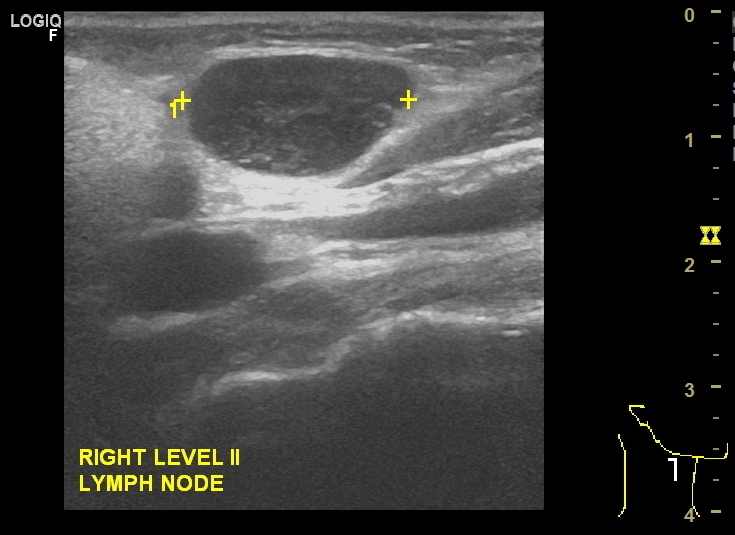Inguinal swelling, often called a bubo, refers to enlarged lymph nodes in the groin or upper thigh area. This swelling is usually a symptom of certain sexually transmitted infections (STIs) and can cause pain and tenderness in the affected area. Recognising inguinal swelling early and seeking care is important to prevent complications and manage the underlying infection.
If you notice painful swellings in your groin, tenderness, or unusual lumps, you can get personalised advice from licensed doctors through Hope Plus. This service ensures timely treatment and guidance for managing both your symptoms and protecting your partners.
Key Takeaways
- Inguinal swelling (buboes) often signals an underlying STI such as lymphogranuloma venereum, chancroid, or syphilis.
- Painful lumps in the groin should never be ignored, even if there are no visible genital ulcers.
- Early treatment helps reduce pain, prevent complications, and protect sexual partners.
- Partners should also be treated to avoid reinfection.
Causes of Inguinal Swelling
Inguinal swellings are usually caused by infections that affect the genital area:
- Lymphogranuloma venereum (LGV) – caused by certain Chlamydia strains.
- Chancroid – caused by Haemophilus ducreyi.
- Syphilis – caused by Treponema pallidum.
Other conditions can sometimes mimic buboes, such as leg ulcers, infections in the foot, or obstructed inguinal hernia, so proper medical assessment is important.
Recognising the Symptoms
Typical signs include:
- Swollen, tender lymph nodes in the groin or upper thigh
- Pain or discomfort in the affected area
- Fluctuation or pus formation in severe cases
Diagnosis
Healthcare providers may use the following to confirm the cause:
- History and physical examination: Checking for genital ulcers and excluding infections of the leg, foot, or buttocks, as well as hernia.
- Swab and culture: If pus is present, a laboratory analysis can identify the causative organism.
Treatment Options
Treatment usually focuses on addressing the underlying infection and relieving symptoms:
- First-line treatment:
- Doxycycline 100 mg every 12 hours for 14 days
- Sexual partners should also receive treatment
- Pregnancy consideration:
- Erythromycin 500 mg every 6 hours for 14 days replaces Doxycycline
- Persistent buboes:
- If swelling continues despite treatment and partner care, continue antibiotics or refer to a specialist
- Important: Do not incise buboes, as this can worsen infection. If drainage is needed, it should be done by a specialist using a large-bore needle through normal skin.
- Alternative medication:
- Azithromycin 1 g single dose can be used if Doxycycline is not suitable
Follow-Up and Prevention
- Treat sexual partners at the same time to prevent reinfection.
- Monitor symptoms and return for follow-up if swelling persists.
- Practise safe sexual behaviours and maintain personal hygiene.
- Early medical care can prevent complications and ensure full recovery.
With prompt treatment, careful monitoring, and partner care, inguinal swelling due to STIs can be effectively managed, reducing discomfort and protecting overall sexual health.


